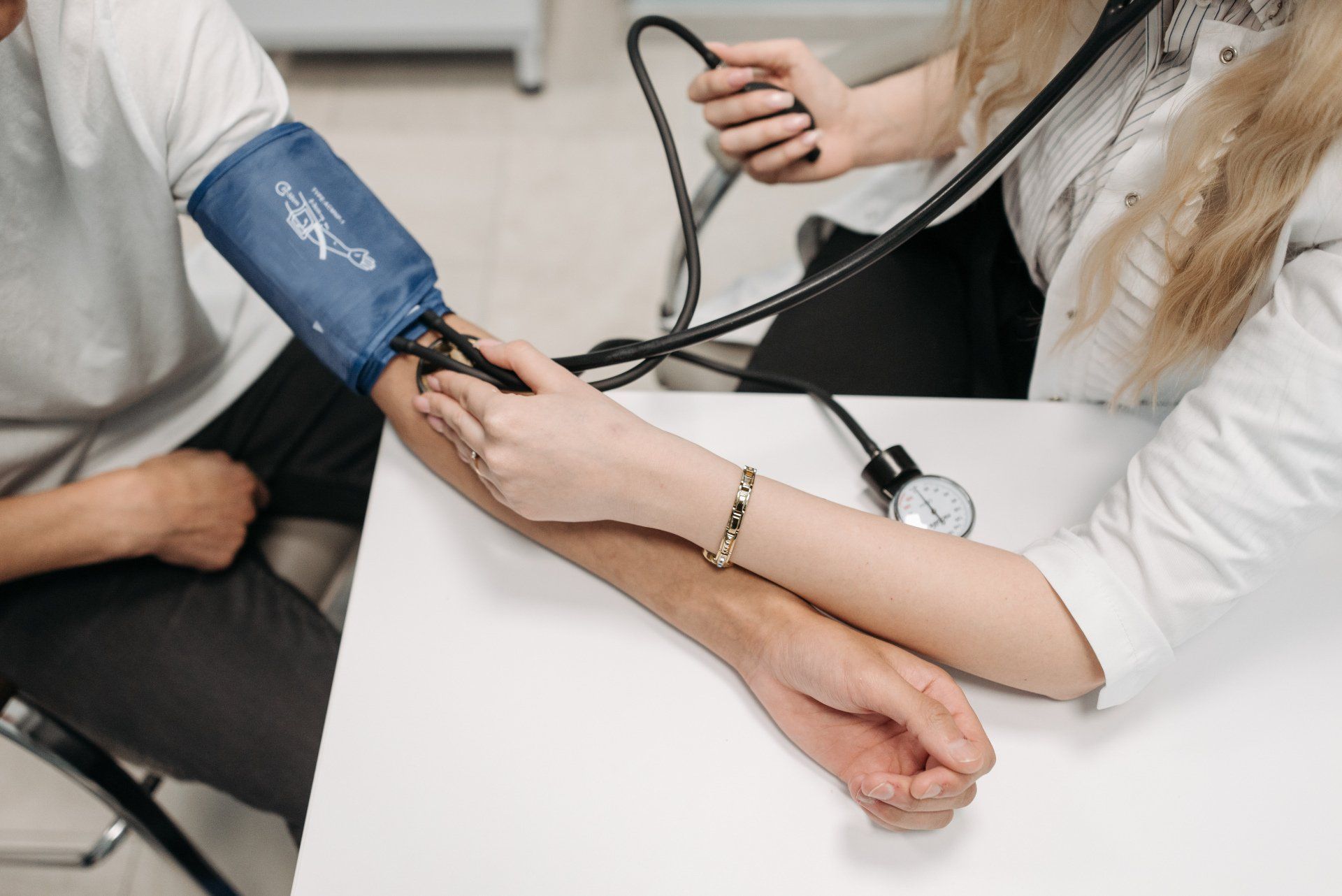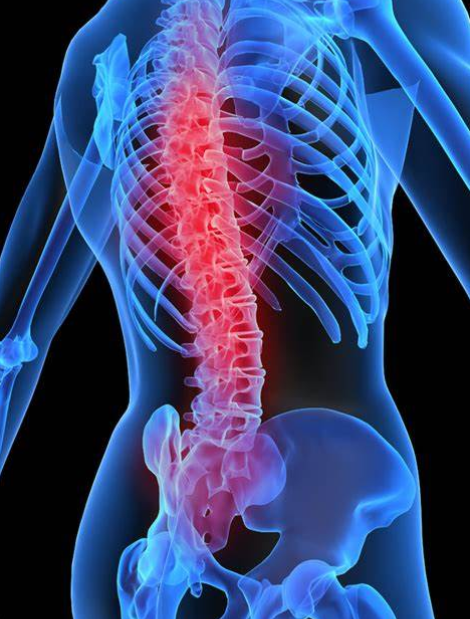Being involved in an auto accident can be a traumatic experience, and sustaining an injury only adds to the stress. In the aftermath of such an event, knowing what steps to take can significantly impact your recovery process. These are the five most crucial steps to follow if you find yourself in this unfortunate situation.
- Seek Immediate Medical Attention –
After an auto accident, prioritize your health and safety above all else. Even if you don’t initially feel injured, it’s essential to seek medical attention promptly. Some injuries, such as whiplash or internal bleeding, may not manifest symptoms immediately but can worsen over time if left untreated. Visit a physician or urgent care center for a thorough evaluation, ensuring any injuries receive proper medical care.
- Document the Accident Scene –
If you’re physically able, document the accident scene as thoroughly as possible. Take photographs of the vehicles involved, any visible injuries, road conditions, and any other relevant details. Additionally, collect contact information from witnesses and exchange insurance information with the other driver(s). These details can be invaluable when filing insurance claims or seeking legal assistance later on.
- Follow Your Doctor’s Recommendations –
Upon receiving medical treatment, carefully follow your doctor's recommendations for recovery. This may include attending follow-up appointments, undergoing diagnostic tests or imaging studies, and adhering to prescribed treatment plans. By following your doctor’s guidance, you can optimize your chances of a full and speedy recovery from your auto accident injury.
- Notify Your Insurance Company –
In most cases, it's essential to notify your insurance company promptly after an accident, even if you weren’t at fault. Provide them with accurate and detailed information about the accident and your injuries. Be cautious when discussing the incident with insurance adjusters and avoid admitting fault or making statements that could be misconstrued. If you’re unsure how to proceed, consider seeking guidance from a personal injury attorney.
If you find yourself in this situation, turn to Northwest Florida Physicians Group, LLC. Our doctors will give you complete care and attention. We offer plenty of pain management options, such as physical therapy and pain injections. Contact our office in Pensacola, FL today to schedule an appointment with our car accident doctor.






